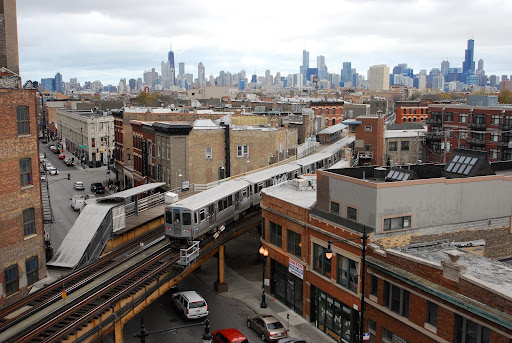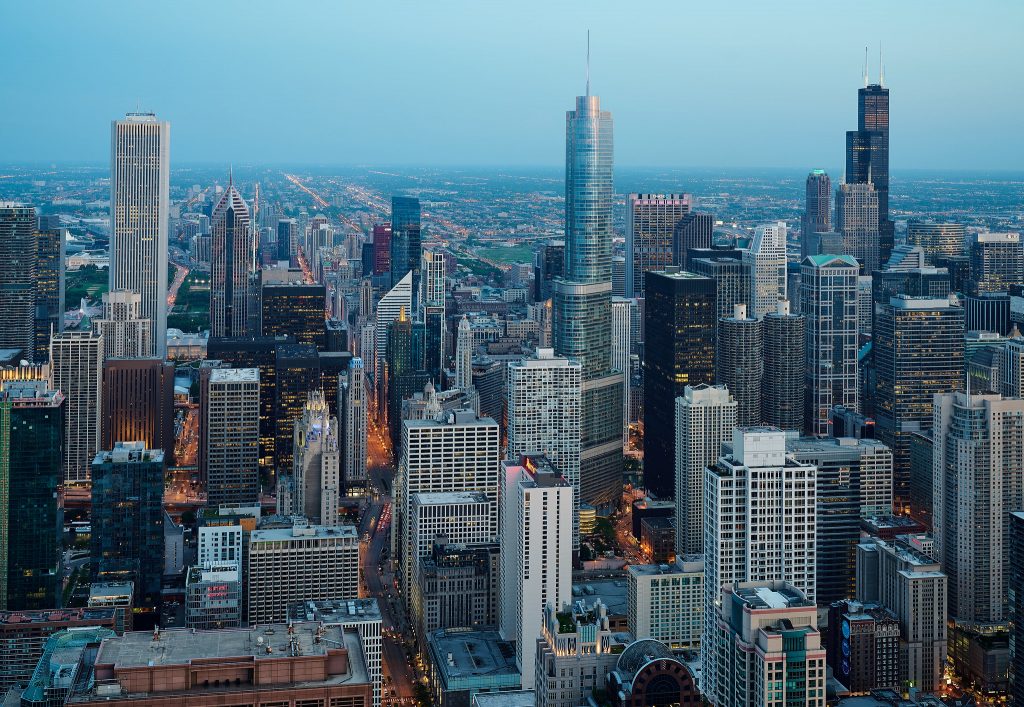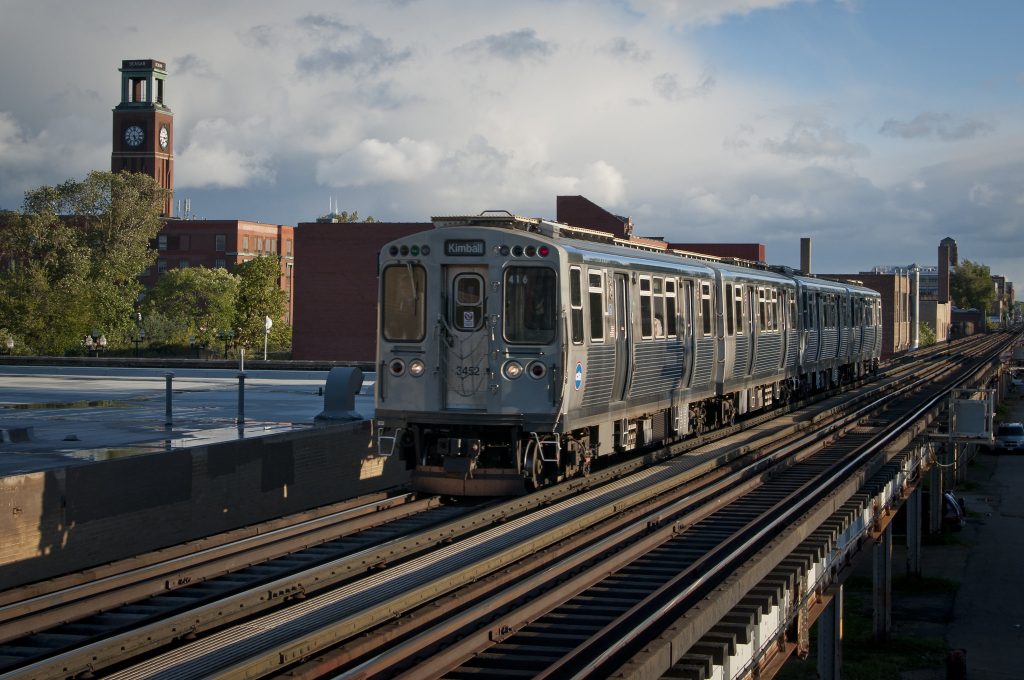A Brief History of Chicago’s Nicknames
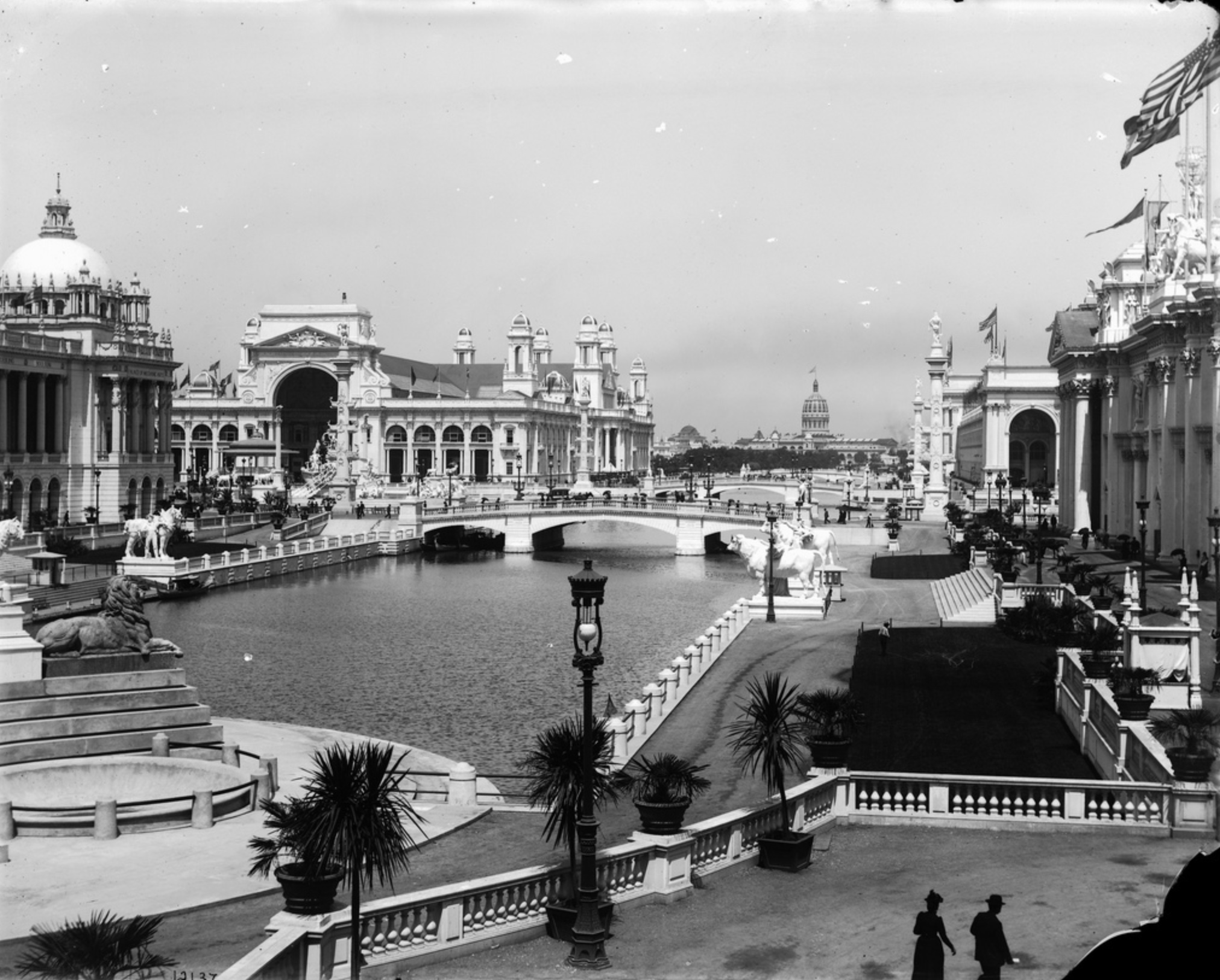
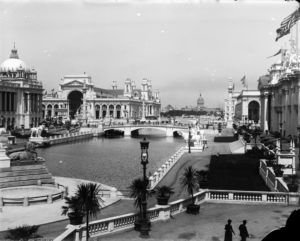
The word “Chicago” originates from the Algonquin language and means “striped skunk” or “onion,” and was inspired by large quantities of garlic, onions, leeks and ramps growing beside the lakes and streams near the city that were found by early explorers. And while Chicago has been given many names over the centuries, it remains the city’s official title. Here is a brief history of Chicago’s informal names and how they came to be.
The Windy City
Though Chicago gets quite a bit of wind from the lake, “The Windy City” refers to Chicago’s politics rather than its weather patterns. The term “Windy City” can be traced to the early 1890s when Chicago politicians were described as “windbags” and “full of hot air,” and Chicago politics as “windy.” Today, the term “Windy City” is one of Chicago’s most recognizable and popular nicknames, and many would argue that the city’s politics still have not lost their wind.
Second City
There are several theories behind the origins of Chicago’s “Second City” nickname. In 1871, Chicago was forced to completely rebuild after the Great Chicago Fire, emerging a stronger, more vibrant city like a phoenix from the ashes. The new Chicago was a “Second City” because it was built twice. Another theory for the origin of the “Second City” nickname comes from Chicago’s rivalry with New York. In the early 20th century, Chicago was second only to New York (Los Angeles had not yet surpassed the city in size), making it the “Second City” according to a snarky travelogue written by native New Yorker, A.J. Liebling.
City of Broad Shoulders
The “City of Broad Shoulders” can be traced back to the famous 1914 Carl Sandburg poem, “Chicago.” The actual line in the poem refers to the city as “City of the Big Shoulders,” which later became “City of Broad Shoulders.” The nickname celebrates the hard-working nature of Chicago and its history as an industrial hub.
Chi-Town
Pronounced “shy-town,” this nickname can be traced to the early 1900s and follows the tradition of shortening a city’s name and adding “town” to the end. Other cities with similar renditions of the nickname include “O-Town” (Orlando, Florida) and “H-Town” (Houston, Texas).
The White City
Chicago got its name “The White City” from the landscaping and architecture of the World’s Columbian Exposition it hosted in 1893. The buildings for the Exposition were built using plaster of Paris which created a chalky white effect. The World’s Columbian Exposition also relied extensively on street lights that illuminated the night, creating a white effect. The Columbian Exposition was thought to be one of the greatest events in history at the time, and so, the nickname became associated not just with the Exposition, but also with Chicago as a whole.
City in a Garden
Chicago’s Latin motto, “urbs in horto” means “city in a garden.” The motto, adopted in 1830, alludes to the city’s expansive stretches of parks, gardens and greenery, along with its rich history of urban planning.

